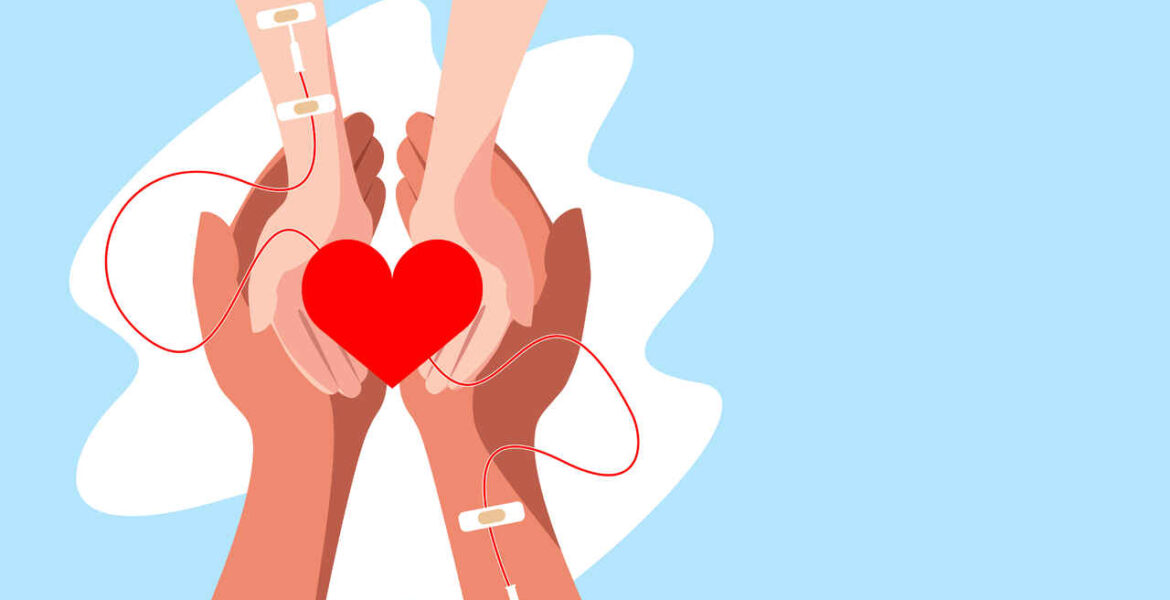For the first time, blood will be collected and tested in Blood Centres - What does the Deputy Minister of Health, Marios Themistocleous, say?
The Ministry of Health, in collaboration with the National Blood Transfusion Centre (EKEA), is restructuring the Greek blood donation system to address deficiencies for transfused patients.
Recently, there has been optimism regarding the blood collected in Greece, especially through volunteers. This is reflected in the recent EKEA annual report for 2023.
Legislation regarding the blood donation system stipulates that blood must be collected, processed, and stored in blood centres. Today, molecular and serological blood testing is carried out at EKEA and the American Hellenic Educational Progressive Association (AHEPA).
Also, the blood donation departments of public hospitals produce blood themselves. They separate condensed red blood cells, platelets, and plasma.
96 Hospital Blood Donation Services operate in Greece, where blood is processed, tested, distributed and stored. There is no central system and, therefore, no central management.
Based on legislation, two organisations handle blood: The collection must be done in the Hospital Blood Donation Services, and the Blood Centres must process, control, and store the blood units.
Greece has an average of 520,000 units of available stock per year. However, more is needed to meet the patient's needs, and thus, Greece is forced to import blood from the Swiss Red Cross.
People with Mediterranean anemia have the greatest need for blood—more than 2,600 patients, who in 2023 used approximately 100,000 units of blood for their treatment. The hospitals that provide the most transfusions for patients with Mediterranean anemia collaborate with EKEA and the Hospital Blood Donation Services.
A record of the inflows and outflows of blood units was made, giving the Ministry of Health and EKEA a good stock.
Starting from Attica, EKEA promotes the central processing and management of collected blood units. All hospital blood draws will be processed at the Blood Centers.
"To deal with blood shortages in our country and to ensure the full coverage of patients' blood needs, we have launched, for months, an extensive effort to collect, record and process data from all hospital blood donation services in collaboration with the National Blood Transfusion Center (EKEA). With planning and organisation, following the model of other European countries, we are reconstituting the national blood donation system by concentrating blood in Blood Centers, something that has never been done before in our country," the Deputy Minister of Health, Marios Themistocleous said to Ygeiamou.
"The first phase has already begun with EKEA's centralisation and central blood processing from donation departments in hospitals in the Prefecture of Attica, which is expected to be completed by May 15. Afterwards, this system will be extended to the rest of the country. In this context, for optimal monitoring and management of blood donations, we will unify all blood donation systems in the country through an integrated information system," Themistocleous continued.
"Our goal is to use every unit of blood and for transfused patients to trust the National Health System and receive daily high-quality health services in every corner of the country," concluded the deputy minister.
Maria-Niki Georgantas is a columnist for Ygeiamou. Translated by Paul Antonopoulos.
READ MORE: Gross! Half of Gym Goers Reuse Their Sweaty Workout Clothes.


